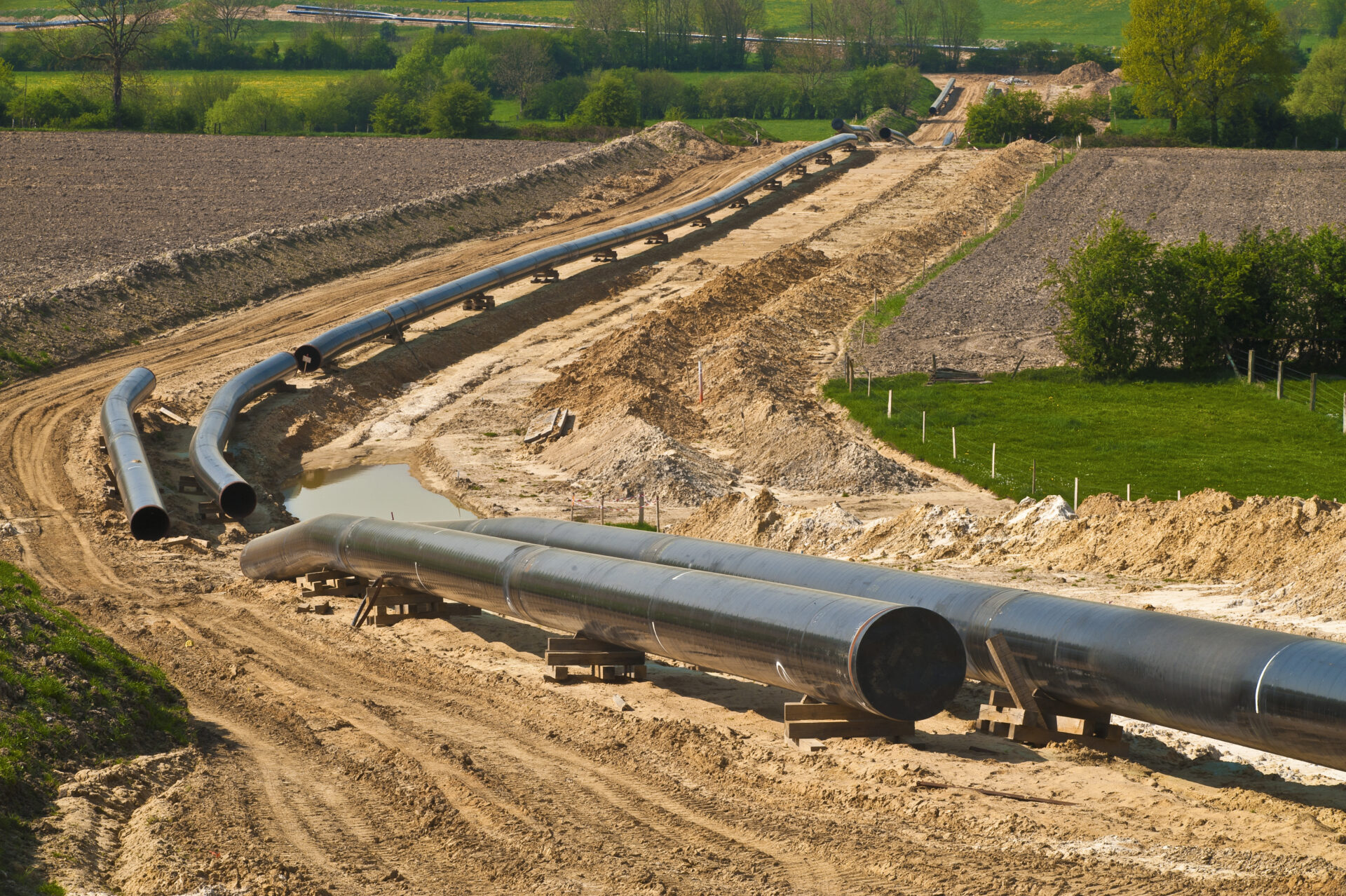ICYMI: Dakota Access Ordered to Temporarily Shut Down, Atlantic Coast Canceled, NWP 12 Reinstated
Yesterday, U.S. District Court for the District of Columbia Judge James Boasberg ordered the Dakota Access Pipeline (DAPL) be emptied and shuttered until the U.S. Army Corps of Engineers completes an Environmental Impact Statement (EIS) of the already operational crude oil pipeline. This comes after Judge Boasberg in March ordered the Army Corps to conduct additional environmental review, despite a previous “Finding of No Significant Impact” (FONSI). The pipeline has safely transported more than half a million barrels of crude oil per day from the Bakken oilfields of North Dakota to the Patoka Oil Terminal in southern Illinois.
As we have stated exhaustively, the Army Corps met or exceeded all guidelines when conducting its review of DAPL and performing the Environmental Assessment. North Dakota also conducted a 13-month review before they allowed construction to move forward.
Shutting down DAPL has significant economic, environmental, and energy security ramifications for both the state of North Dakota and the United States. Judge Boasberg even admitted the significant and disruptive impact of his ruling, noting: “[The Court] readily acknowledges that, even with the currently low demand for oil, shutting down the pipeline will cause significant disruption to DAPL, the North Dakota oil industry, and potentially other states.”
GAIN spokesman Craig Stevens issued this statement yesterday:
“Today’s order to shut down Dakota Access jeopardizes our national and energy security and raises significant concerns for the future of American energy infrastructure investment. Since coming into service three years ago, DAPL has safely transported more than a half a million barrels of crude oil per day from the Bakken oil fields of North Dakota to the Patoka Oil Terminal in southern Illinois.
“Despite its safe operation and having received the necessary permits and approval from both state and federal regulators, Judge Boasberg has decided to side with environmental activists to shut in our nation’s critical natural resources. A robust energy infrastructure network is the lynchpin to our nation’s energy and economic success, and DAPL is a key component of that growing network.
“While we are disappointed with the judge’s decision, the GAIN Coalition is hopeful that common sense will prevail and this decision will be stayed or overturned. We remain confident the Corps’ additional review will affirm its previous findings on DAPL.”
On Sunday, Dominion Energy announced they were no longer moving forward with the Atlantic Coast Pipeline, a new pipeline that would’ve carried gas from West Virginia to consumers in Virginia and North Carolina. Dominion noted, “While the need for new infrastructure in our region remains, there is too much legal uncertainty to continue moving forward with this project.” The project had faced years of legal challenges and regulatory scrutiny fueled by anti-energy activists.
Now, activists and project opponents are celebrating the loss of 17,000 construction jobs, $2.7 billion in economic activity, and nearly $30 million in annual property tax revenue that would have gone to local governments along the route.
Rulings like Judge Boasberg’s shuttering DAPL are exactly why companies like Dominion are walking away from projects like Atlantic Coast. Infrastructure projects like DAPL and Atlantic Coast require regulatory certainty. If developers meet all safety standards, receive the necessary permits from both state and federal regulators, and move forward with construction, they should be confident that their investments will be able to operate as intended. However, that is unfortunately not what we are seeing. U.S. policymakers and regulators have a duty to ensure a straightforward permitting and approval process that promotes regulatory certainty for energy infrastructure investments.
Dominion CEO Thomas Farrell told Wall Street analysts, “”Until these issues are resolved, the ability to satisfy the country’s energy needs will be significantly challenged… This trend, deeply concerning for our country’s economic growth and energy security, is a new reality [that] threatens the pace in which we intended to grow these assets.”
Finally, a ruling from the U.S. Supreme Court yesterday did bring some good news to the industry: SCOTUS agreed to reinstate Nationwide Permit 12 (NWP 12), a streamlined permitting program for new pipeline projects across the country. The permit is used by the U.S. Army Corps of Engineers to authorize dredge-and-fill activities for infrastructure around water crossings. More than 70 pipeline projects were held up in the NWP 12 suspension since Judge Brian Morris’ April ruling. While this week’s decision allows the Corps to utilize NWP 12 for new infrastructure projects, the ruling excludes the Keystone XL Pipeline while an appeal plays out in the Ninth Circuit.
GAIN spokesman Craig Stevens released the following statement welcoming the decision:
“GAIN commends the Supreme Court for today’s ruling to reinstate Nationwide Permit 12. We’ve seen judicial activism attempt to rewrite the intent of federal regulations and usurp the legal authority of the Army Corps of Engineers, so we are pleased to see some common sense coming from the Supreme Court today. As lower courts run amuck, the Supreme Court’s leadership is critical to ensuring regulatory certainty to companies and financiers who invest billions of dollars in large scale infrastructure projects.
“Energy infrastructure projects already undergo a rigorous and notably lengthy permitting and review process with both state and federal regulators before ultimately receiving the necessary approvals. Nationwide permits like NWP 12 are critical to cutting red tape and allowing infrastructure development to efficiently move forward while also maintaining the integrity of the tried-and-true permitting process conducted by the career professionals at the Army Corps. While the Keystone XL Pipeline was not included in today’s decision, we are confident the court will ultimately affirm the permit’s status upon further consideration and allow project construction to proceed.”

